A phase 1 clinical trial led by UT Southwestern Medical Center has demonstrated the efficacy of ARO-HIF2, a short interfering RNA (siRNA) drug, in disrupting HIF2α, a key driver of clear cell renal cell carcinoma (ccRCC). Published in Clinical Cancer Research, the study highlights the potential of siRNA technology for targeted cancer therapy. Developed by Arrowhead Pharmaceuticals, ARO-HIF2 selectively targets HIF2α mRNA, blocking protein production and offering a new avenue for treating ccRCC. The drug’s unique guidance system delivers it to tumor cells via interaction with integrin αvβ3, enhancing uptake and therapeutic potential. The trial enrolled 26 patients with advanced ccRCC, showing promising results with tumor growth halted in 40% of participants and partial responses observed in two patients. Detailed analyses confirmed HIF2α depletion by ARO-HIF2 and effective blockade of tumor-produced erythropoietin. Parallel experiments in mice supported the drug’s efficacy, building on preclinical studies funded by the National Cancer Institute. However, challenges remain, including neurotoxicity observed in some patients, highlighting the need for further research to refine safety profiles. Lead author James Brugarolas, M.D., Ph.D., emphasizes the potential of siRNA technology in oncology, while co-author Nizar M. Tannir, M.D., underscores the need for continued research in cancer therapy.
Click Here for the UTSW Press Release on Phase 1 trial results.








